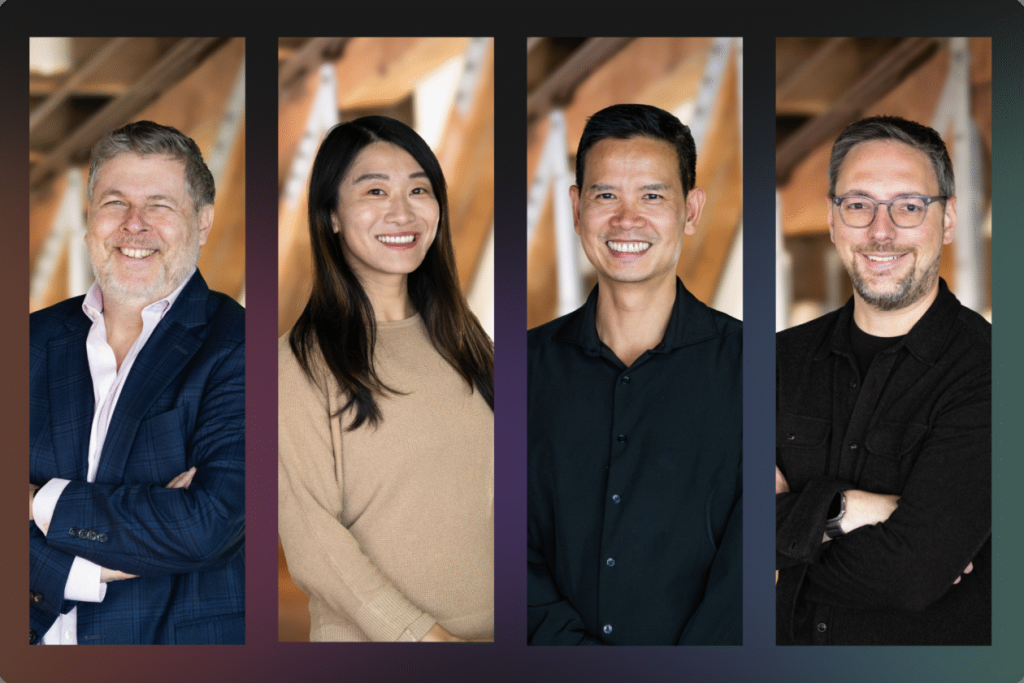AI2 Incubator Launches $80M Fund to Power the Next Wave of AI Innovation
In the heart of Seattle’s vibrant waterfront district, a wall of framed founder photos tells the story of AI2 Incubator’s impressive journey through the evolving landscape of artificial intelligence. Now, after a decade of nurturing AI startups at the intersection of cutting-edge technology and real-world applications, the organization is embarking on its next chapter with an ambitious $80 million third fund. This substantial investment will support approximately 70 new tech ventures over the next four years, positioning the incubator to play a pivotal role in shaping AI’s future. The Seattle-based startup organization has built a remarkable track record, with its portfolio including success stories like Xnor.ai (acquired by Apple), Lexion (acquired by DocuSign), and promising ventures in biotech, coaching, workflow automation, and immigration processing. Of the more than 50 companies that have graduated from AI2 Incubator, nearly 25% have been acquired and an impressive 90% secured venture funding—numbers that speak to the incubator’s effective approach in identifying promising AI applications and helping founders translate technical innovation into business success.
The launch of this new fund comes at a critical moment in the AI landscape. While investor enthusiasm for AI startups has reached unprecedented heights, there’s growing scrutiny over which ventures offer genuine innovation beyond the current hype. Jacob Colker, managing director of the incubator, acknowledges this challenge, noting how difficult it has become to find clear signals through what he calls the “AI fog”—where the distinction between superficial applications and genuine technical depth has blurred. “An API with a coat of paint on it—that’s not an AI company,” Colker emphasizes. This new fund reflects valuable lessons learned from previous investment cycles. Early experiments with developer tools and infrastructure plays often faced fierce competition and lengthy sales cycles, while teams with strong commercial focus but limited technical foundations struggled to build meaningful differentiation. With Fund III, AI2 Incubator is doubling down on its proven strategy of pairing vertical, real-world applications with robust technical understanding, looking for founding teams that combine deep domain expertise with technical sophistication—people who understand the complexities of hospitals, factories, or financial systems and can leverage AI to solve tangible problems.
AI2 Incubator’s approach stands apart in the competitive landscape of AI startup support. The organization typically engages with founders at the earliest stages—sometimes even before company incorporation—investing up to $600,000 via a SAFE agreement with a $10 million valuation cap. They typically retain about 7% in common shares, placing them alongside founders rather than in preferred equity positions. Beyond capital, the incubator offers up to $1 million in cloud computing credits and, perhaps most valuably, access to its extensive technical and research network, including AI experts from industry giants like Microsoft and Amazon. Casium CEO Priyanka Kulkarni highlights this as a key differentiator: “What makes the AI2 Incubator special is the depth of in-house expertise.” Unlike accelerators that move startups through fixed cohorts, AI2 Incubator accepts companies on a rolling basis with no required board seats or relocation mandates. This flexibility is intentional—designed to attract experienced entrepreneurs who might not fit the traditional accelerator model, allowing founders to apply year-round and work either in Seattle or remotely.
Seattle remains the heart of AI2 Incubator’s operations, though geographic diversity is increasing—30% of current founders are based outside the city, a percentage Colker expects to reach 50% with the new fund. All companies are required to spend at least a week per quarter in Seattle, and some choose to relocate or establish part of their workforce in the city. The incubator’s physical home is now the impressive AI House, a startup hub at Pier 70 on Seattle’s waterfront that serves as both headquarters and a vibrant community space. Since opening in March, it has welcomed over 15,000 visitors drawn by its mix of technical discussions and startup programming. AI House represents part of a broader effort to cement Seattle’s position as a global AI hub, leveraging the region’s unique combination of technical talent, proximity to tech giants like Microsoft and Amazon, and collaborative research culture. While Colker acknowledges the Bay Area’s stronger entrepreneurial community—”You can’t walk down the streets of Palo Alto without hearing 15 startup pitches”—he believes Seattle has all the necessary ingredients for AI leadership: “The cloud was invented here. The talent is here. The diversity of industries are here. The quality of life is here. There’s now funding here, community here—it’s truly, unbelievably well positioned.”
The $80 million third fund represents a significant expansion from the $30 million raised for Fund II in 2023, though it’s structured to deploy over four years. This growth has attracted backing from prominent investors including Khosla Ventures, Point72 Ventures, Madrona Venture Group, and corporate investors like BHP Ventures and SBI Group. Tim Porter, managing director at Madrona, cited the incubator’s increasing national reach and reputation as “a place where great AI founders can come to succeed.” The incubator’s evolution includes its spin-out from the Allen Institute for AI following Paul Allen’s death in 2018, becoming an independent organization with its own governance and funding structure, though the Allen Institute maintains “a small percentage of non-governing ownership.” The technical leadership remains strong, with directors Oren Etzioni and Vu Ha continuing to guide founders on product development and technical strategy. Etzioni, who helped launch the Allen Institute for AI, notes that the incubator was part of the original vision back in 2013: “We spun it out of the nonprofit institute to enable it to grow and thrive. Now, with Fund III, we are poised to show the world what determined founders can accomplish amid the AI boom.”
As AI transitions from theoretical concept to the centerpiece of innovation, AI2 Incubator is positioning itself at the forefront of what Colker describes as “the next chapter of entrepreneurship in the age of AI.” Their focus on companies with specialized vertical solutions led by founders with deep domain expertise reflects a maturation in the AI startup landscape. By maintaining a selective approach—working closely with about 15 companies annually—they’ve turned their small size into a strategic advantage. The organization’s commitment to finding startups with clear data access advantages, specialized distribution channels, seamless workflow integration, and established customer trust shows a sophisticated understanding of what separates sustainable AI businesses from fleeting trends. As Seattle continues to strengthen its position in the global AI ecosystem through initiatives like AI House, AI2 Incubator stands as both a pioneer of the past decade and a guiding force for the next wave of AI innovation—helping bridge the gap between technical possibility and practical application in an increasingly AI-driven world.














